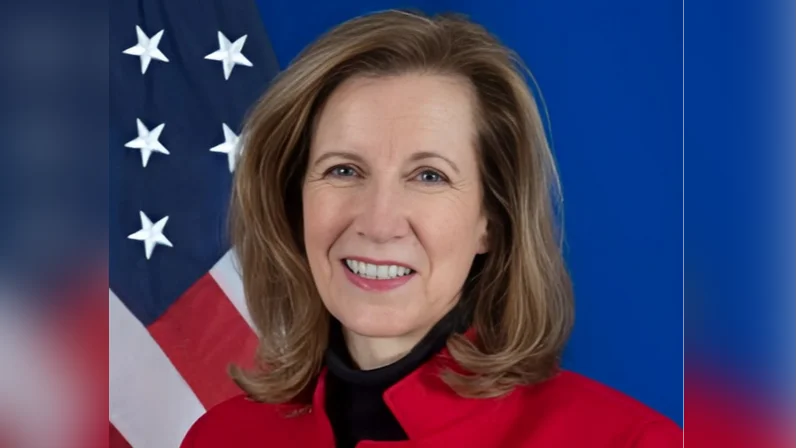The United States has expressed its stance on various issues concerning women's health and rights at the UNFPA Segment of the 2025 Annual Session of the UNDP/UNOPS/UNFPA Executive Board. In a statement, the U.S. emphasized the importance of improving maternal health, preventing obstetric fistula, and reducing maternal mortality to ensure safe pregnancies and childbirth for women globally.
Addressing violence against women and girls was another focal point. The U.S. condemned practices such as female genital mutilation, child marriage, and forced marriage, urging all actors to intensify efforts to eliminate these forms of violence. The U.S. stressed that these core issues should be central in the next Strategic Plan and highlighted its commitment through the Geneva Consensus Declaration to improve health outcomes for women and girls.
The U.S. also reiterated its long-standing call for UNFPA to end its partnership with a Chinese government agency involved in coercive population control policies. The statement criticized China's history of forced abortions and involuntary sterilizations, questioning UNFPA's silence on these issues. Citing the Kemp-Kasten Amendment, it was noted that this precludes U.S. funding to UNFPA due to their association with China’s policies.
Additionally, concerns were raised about why UNFPA continues to provide technical assistance to China despite its status as the world's second-largest economy. The U.S. urged the Executive Board to exercise oversight regarding resource allocation in China.
Finally, the U.S. called for UNFPA to remove divisive cultural concepts from its programming, specifically targeting diversity, equity, inclusion; gender ideology; and sexual and reproductive health terminology. It emphasized a preference for language that clearly distinguishes between men and women, boys and girls.

